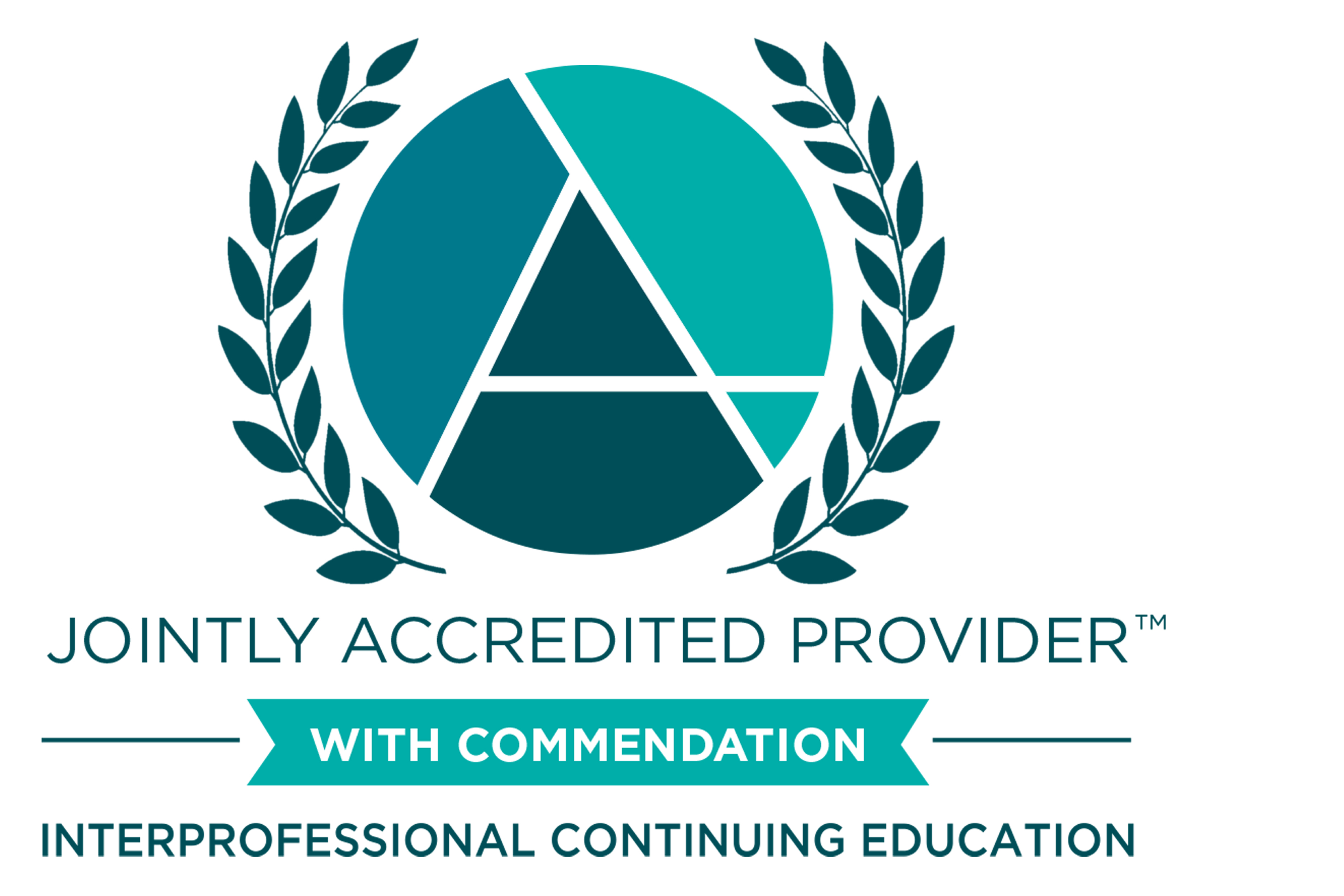Life Sciences Research - Egypt
Advancing Responsible Use of Life Sciences Research Capacity in Egypt
This site contains all the information and the registration form for this training. This site will host all the presentations about Advancing the Responsible Use of Life Sciences Research Capacity in Egypt that will be offered in the future.
The training will focus on different aspects of responsible use of life sciences research, including:
- Introduction to Biological Risk Management
- Fundamentals of Biosecurity
- Fundamentals of Dual Use Research of Concern
- Know Your Collaborators
- Ethical considerations in life sciences research
- Best practices for responsible conduct of research
The materials on this site are intended for educational and informational purposes only. No part of these materials may be reproduced without prior written permission.
Apply for this training series
ASU Program Director
Tamer Emara, MD, PhD, MRCP
Professor, Neurology; Director, Ain Shams University Virtual Hospital, Ain Shams University, Cairo, Egypt

Training Director
Wael ElRayes, MBBCh, PhD, MS, FACHE
Faculty, Department of Health Services Research and Administration; Co-Director, Center for Global Health and Development; Fulbright Scholar Liaison, UNMC College of Public Health


CME Credits
In support of improving patient care, the University of Nebraska Medical Center is jointly accredited by the Accreditation Council for Continuing Medical Education (ACCME), the Accreditation Council for Pharmacy Education (ACPE), and the American Nurses Credentialing Center (ANCC), to provide continuing education for the healthcare team.